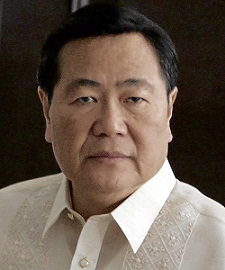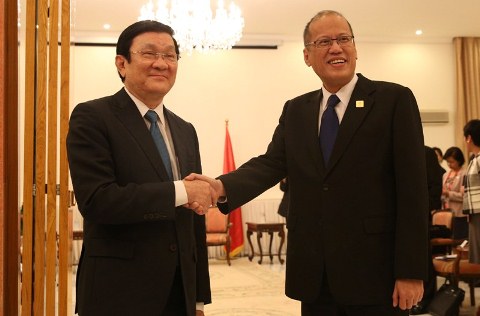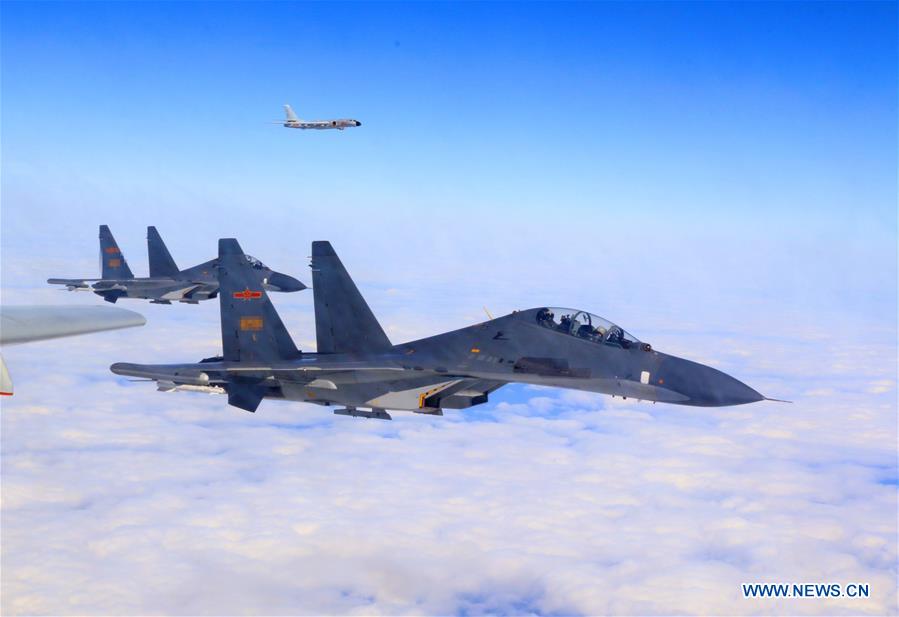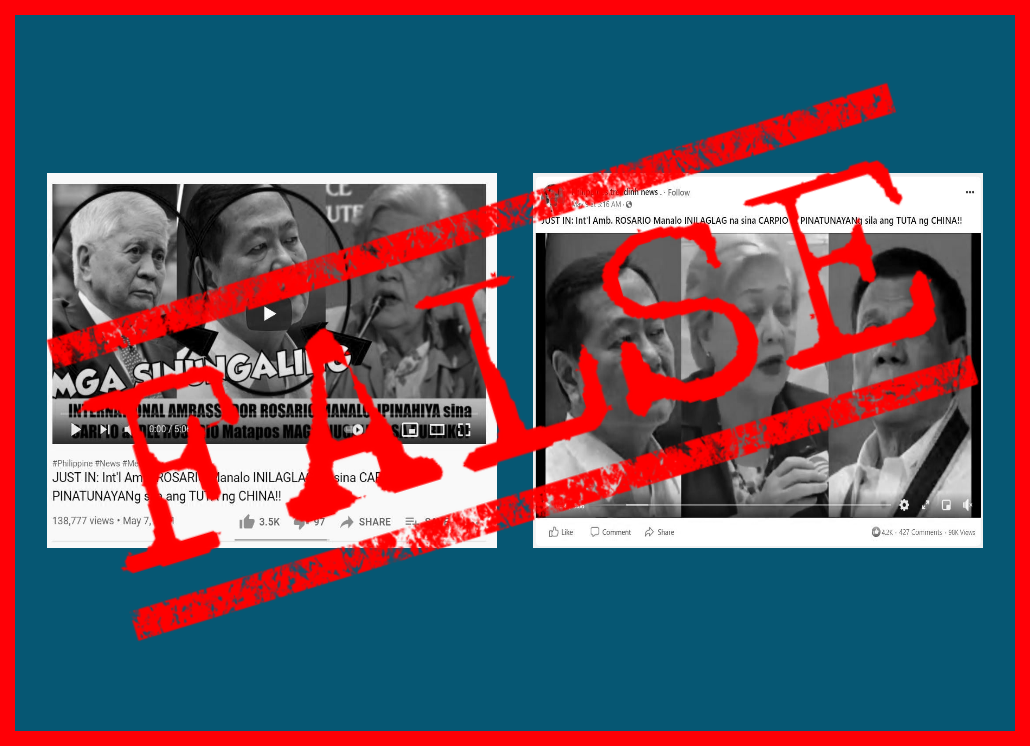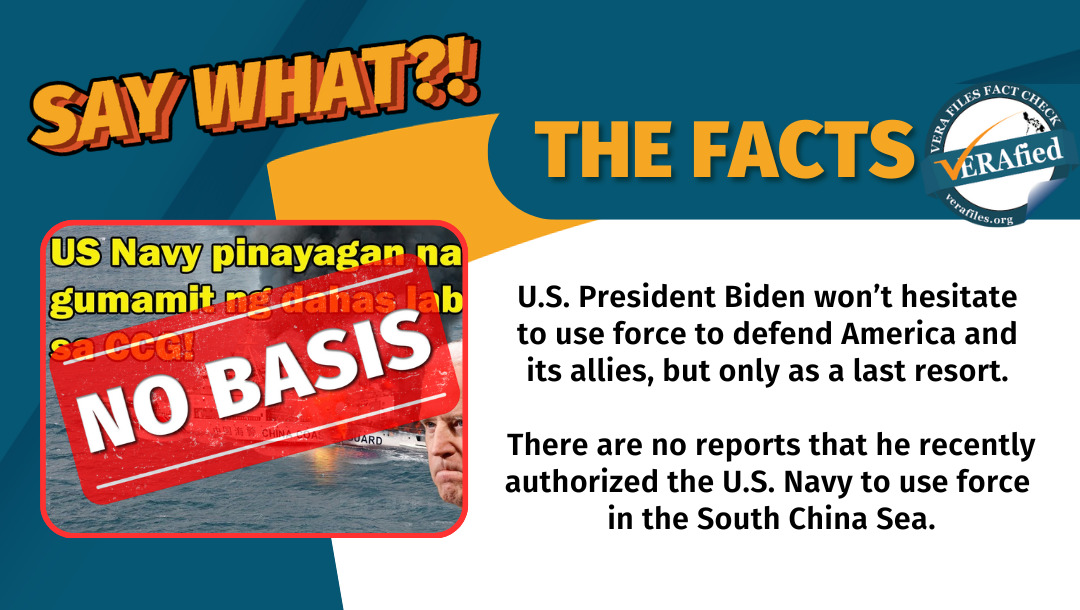By ELLEN TORDESILLAS
THE decision of U.S President Barack Obama to get the approval of Congress before he orders a missile attack on Syria should shatter the illusion of those who believe that America will immediately come to the rescue of the Philippines in the unlikely event of an armed conflict between the Philippines and China in the Scarborough Shoal and in the Spratlys.
Obama’s decision to involve Congress in the planned retribution against Syria for it’s unleashing of chemical weapons last week that allegedly killed 1,429 people will delay the airstrikes because Congress is on recess and the senators and congressmen will resume session on Sept. 9 yet.
There is no assurance that Congress will come on board just like what happened with British Prime David Cameron who was rebuffed by the British Parliament in his decision to get involved in the Syrian turmoil.
An article in www.foreign policy.com by Daniel Byman said, “Congress’s first question should be about the president’s claim that, “our capacity to execute this mission is not time-sensitive; it will be effective tomorrow, or next week, or one month from now.” Yes, of course, the Syrian civil war still will be raging weeks from now, and the U.S. military will remain prepared to strike. But during those weeks the carnage will continue, with jihadists growing stronger among the opposition. The diplomatic moment created by Bashar al-Assad’s massive use of chemical weapons on August 21 will fade as other concerns become prominent on the international agenda.”
The same thing would happen with the Philippines because the Mutual Defense Treaty with the Philippines provides that in case of “an armed attack in the Pacific Area on either of the Parties…. it would act to meet the common dangers in accordance with its constitutional processes.”
Obama seeking Congress’s approval is what “constitutional processes” means.
 Besides as Supreme Court Justice Antonio Carpio said in a speech before the Philippine Bar Association last Thursday, said “The Philippines could (also) not invoke the Phil-U.S. Mutual Defense Treaty since the U.S. has made it clear that the islands, reefs and rocks in the South China Sea are outside the scope of the treaty. “
Besides as Supreme Court Justice Antonio Carpio said in a speech before the Philippine Bar Association last Thursday, said “The Philippines could (also) not invoke the Phil-U.S. Mutual Defense Treaty since the U.S. has made it clear that the islands, reefs and rocks in the South China Sea are outside the scope of the treaty. “
Carpio was explaining why going to the United Nations was the best option for the Philippines in the territorial conflict with the behemoth neighbor.
He said: “The Philippines had five options in responding to the Chinese occupation of Scarborough Shoal. First was to send naval vessels and marines to retake Scarborough Shoal. This was not feasible because of the superior Chinese naval forces.
“Second was to file a diplomatic protest with China. This was useless because China would simply ignore the protest – as it ignored the protest of the Philippines after China seized Mischief Reef 17 years earlier in 1995.
“Third was to ask Asean to lobby China to withdraw from Scarborough Shoal. This was not realistic because some Asean countries are hesitant to offend China. Besides, Asean countries do not take sides on territorial disputes.
“Fourth was to take the matter to the United Nations Security Council. This was also futile since China has a veto power in the Security Council.
“The fifth and only viable option was to bring the matter to an international tribunal for arbitration, where the playing field would be level and military power would not count, but only the rule of law would govern.”
Carpio said with China’s occupation of Scarborough Shoal, the Philippines had no other recourse but to go to an Annex VII arbitral tribunal under UNCLOS.”It was the only sensible and effective response that the Philippines could offer. Otherwise, nothing would stop China from occupying another rock, reef, or shoal within its 9-dashed line claim even if within the EEZ of the Philippines. “
He further explained: “The Chinese occupation of Scarborough Shoal is an invasion of Philippine territory, giving rise to a territorial sovereignty dispute. However, the Philippines could not bring China to compulsory arbitration on a territorial sovereignty dispute without China’s consent. “
“That is why,” he said, “ the Philippines decided to do the next best thing – bring China to compulsory arbitration on the maritime aspect of China’s 9-dashed line claim. If China’s 9-dashed line claim is invalidated, then China will lose its excessive claim to the waters of the South China Sea. More significantly, China’s basis for claiming territorial sovereignty over the islands within its 9-dashed line claim will weaken considerably since the 9-dashed line claim is central to China’s historical claim to territorial sovereignty over the islands within the enclosed area.”
Carpio gave an update of the Philippine case at the UN Arbitral Court: “The 5-man Annex VII arbitral tribunal met for the first time last July 11, 2013 and designated The Hague as seat of the arbitration and the Permanent Court of Arbitration as the Registry of the proceedings.
“Although China has refused to participate in the proceedings, it is still being notified, and requested to comment, at every stage of the proceedings. Last Tuesday, August 27, 2013, the Tribunal issued an Order approving its Rules of Procedure and directing the Philippines to submit its Memorial not later than March 30, 2014.
“The Order states that the Memorial shall ‘fully address all issues, including matters relating to the jurisdiction of the Arbitral Tribunal, the admissibility of the Philippines’ claim, as well as the merits of the dispute.’
“The Order further states, ‘The Arbitral Tribunal will determine the further course of the proceedings, including the need for and scheduling of any other written submissions and hearings, at an appropriate later stage, after seeking the views of the Parties.’
Carpio said based on the Tribunal’s Order requiring all issues to be addressed in the Memorial of the Philippines, “it is possible that the Tribunal may decide the jurisdictional issue together with merits of the dispute. Arbitrations under Annex VII may take two to three years before a decision is reached. “
